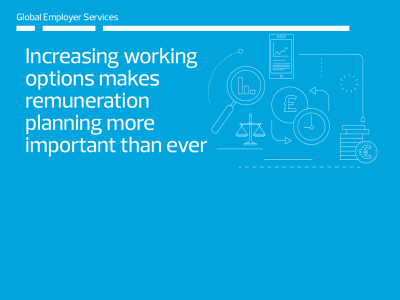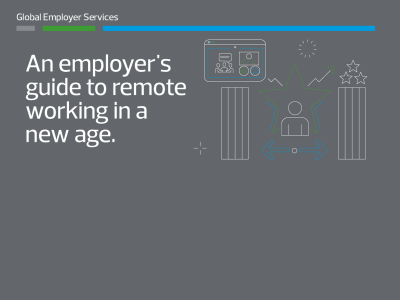The COVID 19 situation is changing rapidly and correctly the priorities of governments, health authorities and businesses are currently the health and welfare of their citizens, communities and employees respectively.
At the same time as managing the critical health aspects, governments and tax administrations are moving quickly to deal with the economic consequences of what will be a significant downturn in business activity. Tax policy will have a leading role to play in supporting, and then boosting economic activity. In many countries this means specific tax measures have already been announced to help businesses meet these challenges, and more changes are expected.
Each country is dealing with these issues in line with its own priorities, however, in most cases the impact for business falls into two categories, firstly what needs to be done immediately and then secondly what are the medium-term changes that will be required. In some sectors (such as hospitality, travel and tourism) where there has been an immediate drop in revenue so both categories come together and need to be considered immediately.
It is important, as the COVID 19 situation evolves, that companies continue as far as possible to provide the goods and services that their customers and clients require and ensure that they are well placed to recover when economic activity picks up. However, the first step is what needs to be done now.
What businesses can do now
Many countries have already introduced measures that allow for tax payments to be deferred and/or extensions to tax filing dates. Tax Authorities may also provide specific support facilities to assist taxpayers that wish to discuss their individual circumstances. The changes will vary between countries (and often regional variations within countries may exist as well) so the most important point for taxpayers is communication with their Tax Authorities. Once you have found out what is available, confirm how it can be accessed and check with your local advisers to ensure you are doing everything required to utilise the best available concessions.
Employment consideration
Employment incentives – as demand for goods and services declines employment costs will be an immediate concern. PAYG deferral arrangements, subsidies or waivers of payroll and other employment taxes may be available as governments react quickly to ensure that employees are protected (and companies are encouraged to hold onto their staff). In addition, employers should check the sick leave, parental leave and other entitlements of their staff to establish what costs are likely to arise and how these will be paid for.
Economic measures
In the next phase we expect governments to introduce measures to boost economic activity. Therefore, incentives for investment in new equipment or to hire additional staff may be introduced as part of a plan to encourage ongoing investment in new productive capacity. Business will also need to quickly adapt to changes in supply chains, whether due to shortages of key goods and services or changes in customer demand. For internationally active companies the global interaction will also need to be considered, whether it be changes to global mobility (as employees seek to return home and/or travel is curtailed) or transfer pricing and VAT issues from new supply chains.
It is also likely that tax changes will be specifically targeted. Specific measures will be needed to support small and mid-sized business which often do not have the cash and capital reserves of larger business but are critical employers and supporters of their local communities. There will also be a need to direct resources at specific industries (such as tourism, hospitality and travel) where the impact has been most immediate and significant.
Planning, prioritisation and then effective implementation are the keys. A considered plan needs to be developed and implemented now but remain flexible and regularly revisit the plan as global and local factors impact your business over the coming months.







